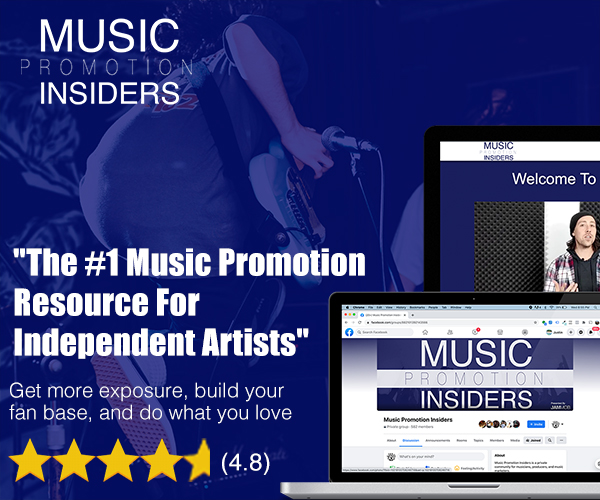This year, we’ve seen bands like Twenty-One Pilots and Aphex Twin announce their latest releases through the use of cryptic outdoor ads. This type of advertising for musical groups is nothing new. Many use cryptic outdoor advertising when they drop a new album or want to make an announcement. Generally speaking, these artists post a logo or image that would have no meaning to people who weren’t already familiar with them or their work. How does this type of advertising work for big groups? Can you make it work for your independent band?
BUILDING A MYSTERY
When fans recognize that a cryptic billboard is for their favorite band, the first thought may be that a new album is coming out. The thing is, no one really knows for sure. This in itself is what creates the buzz. Who? What? When? Where? Fans then begin to share, speculate, and discuss online. There is a mystery that needs to be solved by the people invested enough in the artist to want to put the clues together, much like a detective.
This sense of mystery also works to a smaller degree on the people who don’t recognize the band or logo. If the design is interesting enough, they’re more likely to be asking: What’s up with that weird billboard? These people might not be willing to fully play detective, but they might be intrigued enough to share a quick picture or ask the internet about the billboard. This all contributes to the buildup.
PERSONAL JESUS
With cryptic advertising, bands are subverting the traditional rules of advertising. They’re intentionally making nebulous who they are and what they’re selling or what their message is. By bypassing the industry publications and media, they’re speaking directly to their fans.
Fans who recognize the artwork or logo will be quick to post about it on social media and discussion forums. This helps to strengthen the personal bond fans feel towards their favorite bands as they get to play an active role in that band’s campaign. They feel like they’re really part of something! As evidenced by the links above, these kinds of campaigns are eventually picked up and shared by the media anyhow.
HOW DO I GET TO CARNEGIE HALL?
It should be no surprise that this kind of strategy works best for huge artists with massive fan bases. So, can independent bands benefit from using cryptic marketing? Yes, but not quite in the same way those on a major label can.
When a larger band uses cryptic messages, they already have a lot more fans than the latest up-and-coming Norwegian powernoise group. A larger fan base means a larger community sharing and talking about the campaign on social media. This exposes it to more fans and non-fans alike, eventually signaling the media to pick up the story. It’s only a matter of time before everyone hears about the cryptic campaign for Drake or Guns N’ Roses.
What if you’re a relatively unknown band whose campaign won’t have the same reach and impact? You can still use cryptic advertising, but your campaign needs to be more focused, and maybe just a little less cryptic. While Drake is using his campaign to generate buzz, you still need to build your fan base.
Go ahead and put your logo on a billboard, but add a link to your website or Soundcloud, too. Use QR codes, they’re practically retro at this point. Be vague enough to create a sense of mystery, while at the same pointing people in a direction where they can immediately solve it. While this might not get you an invitation to play Carnegie Hall, you will definitely pick up some new listeners, and maybe even some lifelong fans.



